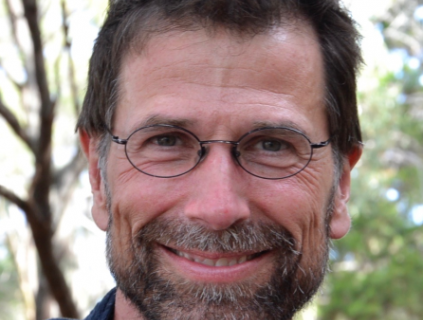
Professor Pierre Gönczy
Swiss Federal Institute of Technology (EPFL) Lausanne
- 13:30
- Monash University, Clayton Campus, G19 Ground Floor ,15 Innovation Walk
- Australian Regenerative Medicine Institute
Abstract
Understanding the organizing principles guiding the assembly of cellular organelles is a fundamental pursuit in biology. The centriole is a microtubule-based organelle that is essential for the formation of cilia, flagella and centrosomes. The centriole is organized around a nine-fold symmetrical cartwheel that is critical for the onset of organelle biogenesis, and which comprises a stack of ring-containing entities that each accommodates nine homodimers of SAS-6 proteins.
A critical step towards understanding the formation of cellular organelles is the development of cell-free systems that reconstitute their architecture, and thus allow for a thorough dissection of the underlying assembly mechanisms. After introducing the subject matter, I will discuss a novel high-speed atomic force microscopy (AFM) cell-free assay that we developed for SAS-6 ring assembly. This enabled us to uncover the assembly dynamics of SAS-6 proteins and determine kinetic rates for ring formation, thus allowing for a better understanding of the mechanisms imparting the signature nine-fold radial symmetry of centrioles. Moreover, I will briefly report on our development of monobodies directed against SAS-6 proteins and exemplify their use in probing ring assembly mechanisms.
Bio
Pierre Gönczy obtained his PhD from The Rockefeller University (New York, USA) in 1995, and joined the laboratory of Tony Hyman at the EMBL (Heidelberg, Germany) as a postdoctoral fellow in 1996. He started his own laboratory at the Swiss Institute for Experimental Cancer Research (ISREC) (Lausanne, Switzerland) in 2000. In 2005, Pierre Gönczy was appointed Associate Professor at the School of Life Sciences of the Swiss Federal Institute of Technology (Lausanne, Switzerland), where he became Full Professor in 2009.
